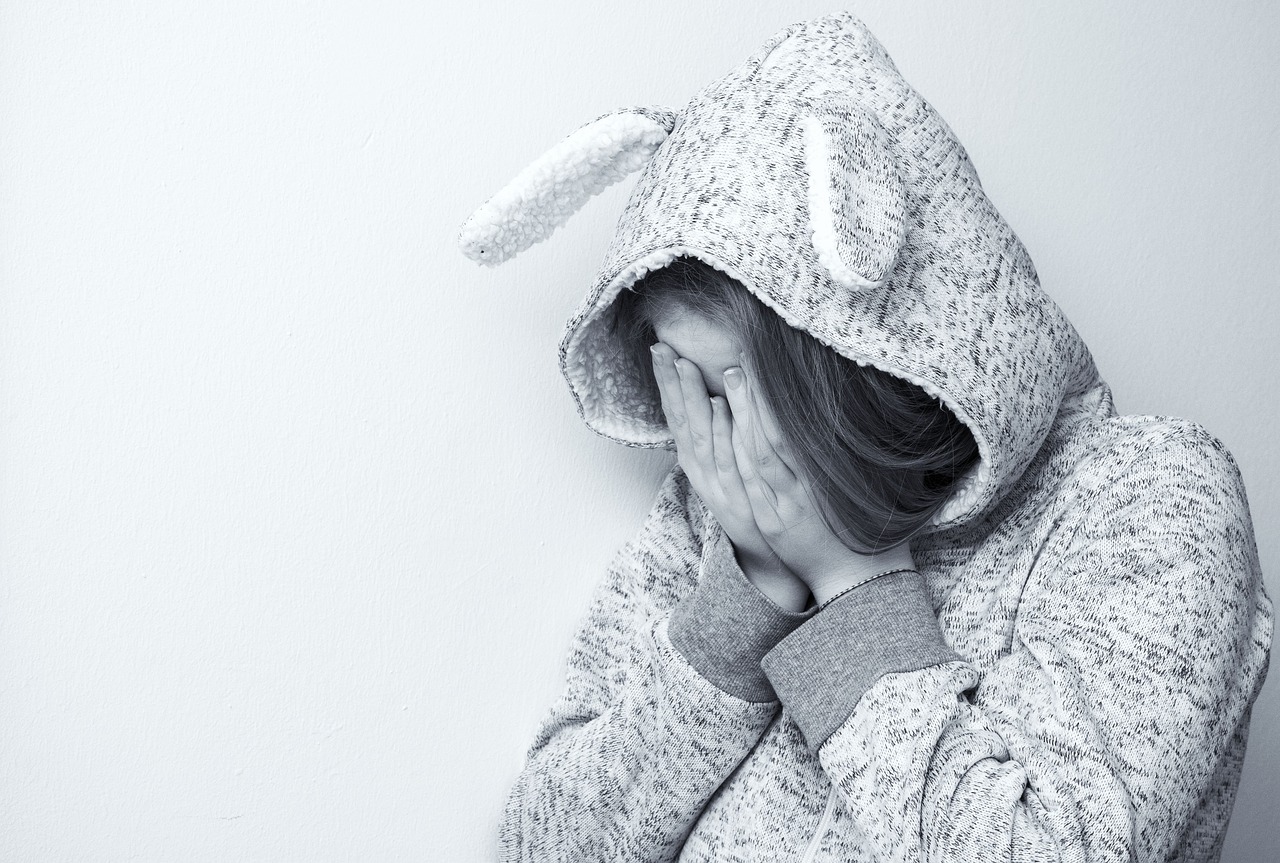October is National Bullying Prevention month. Organizations and schools use this month to raise awareness of school bullying, while working to prevent its impact on children.
School bullying is defined as the use of power to control another person. Bullying always intends to harm the targeted child – usually psychologically, but sometimes physically, as well. Additionally, bullying is carried out by the same person or the same group of people who repeatedly go after the same child. A child who is being bullied might be either unable to fight back against attacks or might have a hard time defending themselves.
The kids most at risk of being bullied are those who:
- Are less popular than others
- Have few friends
- Are depressed or anxious
- Have low self-esteem
- Like to dominate others
- Have social power
- Are aggressive and often act impulsively
- Are concerned about their popularity
- Often also have issues with low self-esteem
- Are easily pressured by their peers
Types of Bullying
While bullying can be verbal (teasing, name-calling, threatening someone) or physical (for example: hitting, fighting, or forcing a person to do something they don’t want to do), today’s children also face social bullying:- Cyber bullying – Kids practically live on social media, but this has created an environment in which the bully can be anonymous. Since they don’t have to face their target or witness the effects of their bullying, they have little empathy for the pain they cause. Texting and social media allows the bully free reign to post embarrassing pictures, make rude comments, or post humiliating videos almost instantly and without recourse.
- Slut shaming – censuring a female’s character in sexual terms in order to embarrass, humiliate, or intimidate her for actions that are a normal part of female sexuality. For example: a male teen may be praised for his sexual experimentation, however a girl may be bullied and called a slut. This scenario has been explored in Netflix’s 13 Reasons Why show (you can read our Children’s Center article about it here ). In the show, the girl who is slut-shamed ends up committing suicide.
- Social Alienation – In social bullying, the idea is to damage someone’s reputation, get them excluded from social activities, and to get others to avoid them. This can often be accomplished by cyber bullying.
What are the Effects of School Bullying?
The symptoms of school bullying can be both physical and emotional. Your child may experience:- School refusal
- Headaches, stomachaches or other aches or pains throughout their body
- Weight loss
- Nightmares and/or sleeplessness
Fight Back against Bullying
In all cases of school bullying, it’s important to seek help and report the incident as soon as possible. Ignoring the issue often makes it worse because the bully begins to think it is okay to continue hurting others. Additionally, the targeted child sometimes begins to believe what is being said about them. StopBullying.gov offers the following suggestions to help stop school bullying. They say:- Look at the kid bullying you and tell him or her to stop in a calm, clear voice. You can also try to laugh it off. This works best if joking is easy for you. It could catch the kid bullying you off guard.
- If speaking up seems too hard or not safe, walk away and stay away. Don’t fight back. Find an adult to stop the bullying on the spot.
- Talk to an adult you trust. Don’t keep your feelings inside. Telling someone can help you feel less alone. They can help you make a plan to stop the bullying.
- Stay away from places where bullying happens.
- Stay near adults and other kids. Most bullying happens when adults aren’t around.
- Stand up for others When you see bullying, there are safe things you can do to make it stop.
- Talk to a parent, teacher, or another adult you trust. Adults need to know when bad things happen so they can help.
- Be kind to the kid being bullied. Show them that you care by trying to include them. Sit with them at lunch or on the bus, talk to them at school, or invite them to do something. Just hanging out with them will help them know they aren’t alone.
We Can Help
For more information about how we can help your child learn to defend against school bullying, contact the Center for Treatment of Anxiety and Mood Disorders in Delray Beach, or call us today at 561-496-1094.Dr. Andrew Rosen
Dr. Andrew Rosen PHD, ABPP, FAACP is a Board-Certified Psychologist and the Founder and Director of The Center for Treatment of Anxiety and Mood Disorders, as well as, the Founder of The Children’s Center for Psychiatry Psychology and Related Services.





